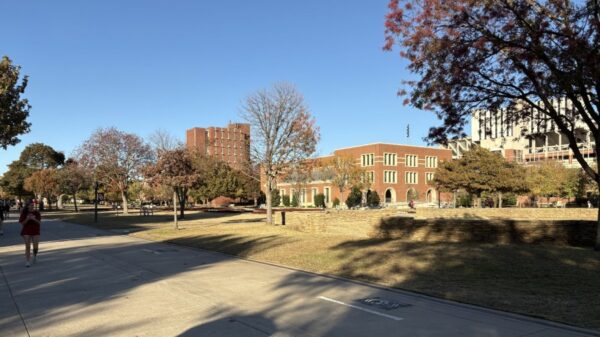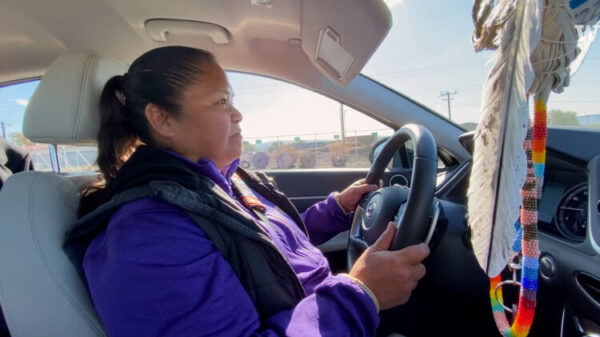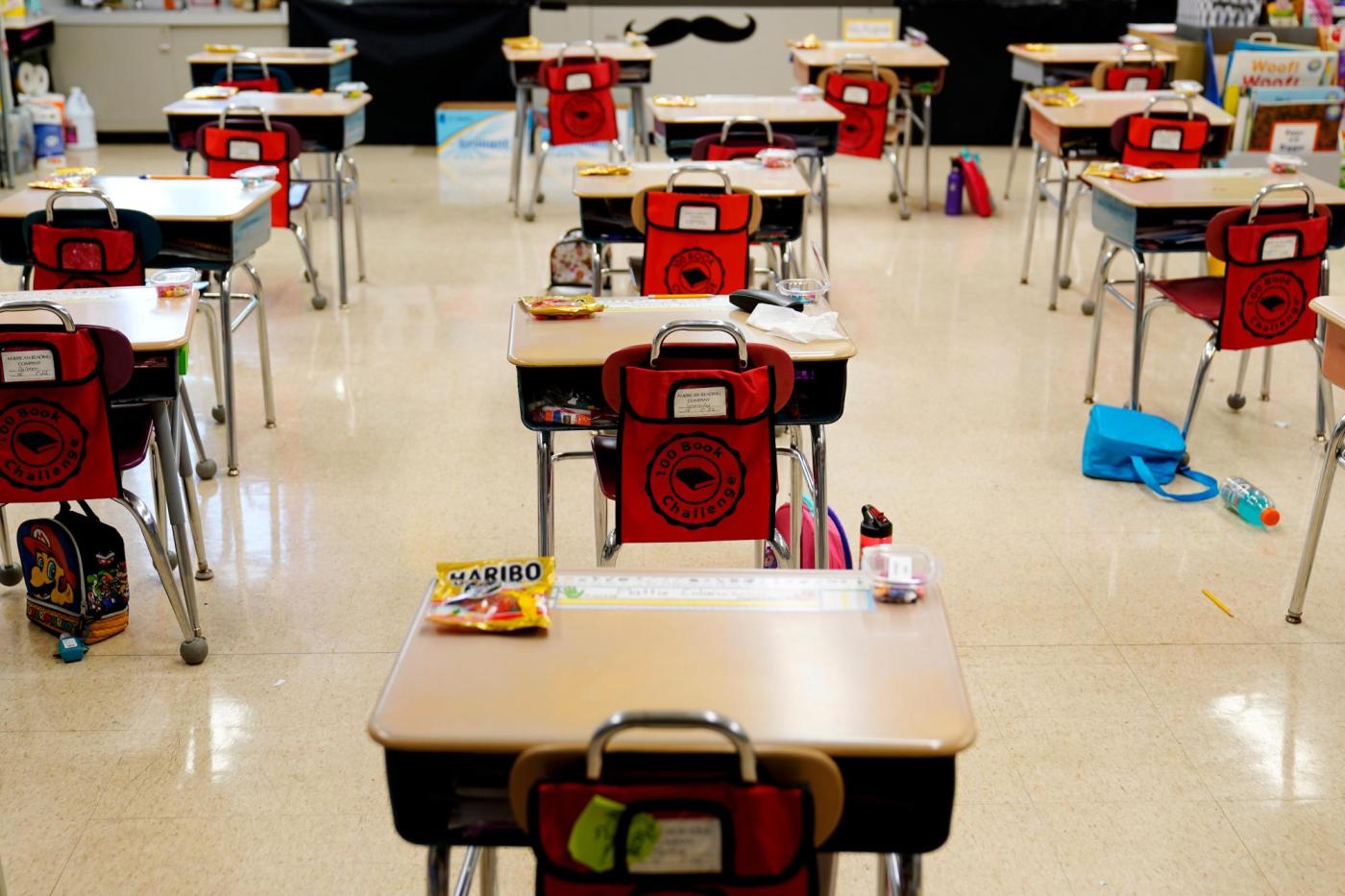A federal court has significantly reduced the damages awarded to a teacher from New Haven, Connecticut, who alleged that school officials retaliated against her for advocating health safety during the COVID-19 pandemic. In a ruling on March 15, 2024, U.S. District Judge Janet Bond Arterton decreased the original verdict of $1.1 million to $450,000, following a post-trial inquiry by the city regarding the clarity of the jury’s findings on retaliation.
The case centered on Jessica Light, a third-grade teacher at the Worthington Hooker School, who claimed that the New Haven Board of Education attempted to silence her public discussions about health safety during the pandemic. A jury had previously found that Light faced retaliation and defamation after speaking out on these issues. Judge Arterton’s recent decision also opened the door for a retrial on part of Light’s claims regarding retaliation for her public statements.
In her ruling, Judge Arterton acknowledged that the jury had ruled in favor of Light on her claims that school officials interfered with her rights to free speech and defamed her by falsely accusing her of leaking confidential health information. The jury had awarded her $450,000 for these claims, which the judge upheld.
The original suit, filed in 2022, highlighted the contentious debates surrounding in-person versus remote learning during the pandemic. Judge Arterton noted that the AFT Connecticut, the teachers’ union, had informed its members in July 2020 about their rights to address public health policies. Light felt compelled to voice her concerns regarding safe reopening policies, stating it was her duty as a teacher and parent.
Following a letter from the union, the principal of Light’s school, Margaret-Mary Gethings, held a meeting to discuss these rights with staff. Shortly thereafter, Light was confronted by school administrators who expressed their disapproval of her public comments, suggesting that they reflected poorly on the administration. Despite feeling intimidated, Light persisted in advocating for safety measures.
Light’s advocacy took a toll on her professional relationships and her mental well-being. After being reprimanded for causing unnecessary fear in the community, her annual evaluation focused heavily on her public comments regarding COVID-19. This led to her being transferred to a different grade against her wishes, a decision Light contested, noting that typically, teachers’ children are assigned to other educators.
As tensions escalated, Light experienced an increase in anxiety and depression, ultimately leading her to take a medical leave due to what her clinician diagnosed as Complex PTSD. The atmosphere at work changed drastically for her, with colleagues distancing themselves. Light reflected on her situation, stating, “Prior to my advocacy, I had no problems with anyone. I loved it there. I was happy to be at work. I felt supported.”
The judge’s ruling and the events surrounding the case underline the complex interactions between educators and school administrators during a public health crisis. The case continues to evoke discussions about the implications of free speech and advocacy in educational settings, particularly in challenging times.





































































